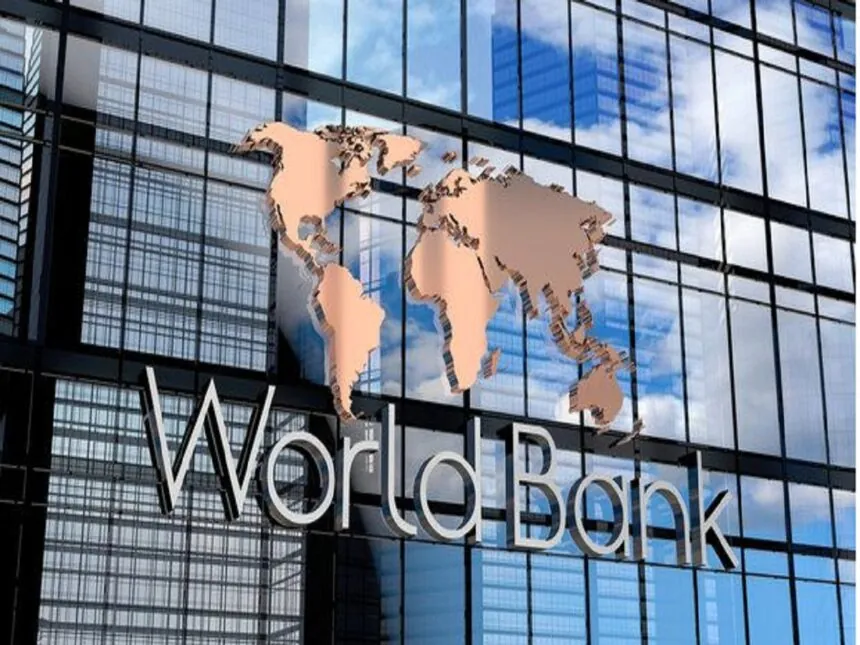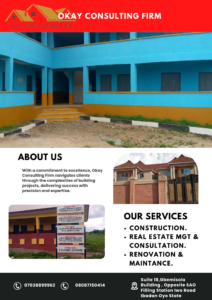World Bank Urges Nigeria to Create More Jobs, Reduce Poverty as Economic Reforms Strengthen Growth

The World Bank has called on Nigeria to deepen its economic reforms by creating more and better jobs and reducing poverty, noting that the country now has a historic opportunity to build on recent macroeconomic improvements.

In its latest Nigeria Development Update (NDU) report titled “Building Momentum for Inclusive Growth”, released on Monday, the Bank commended the Nigerian government for taking bold steps that have led to improved fiscal stability and economic performance. It, however, emphasized that more needs to be done to ensure inclusive growth that benefits the broader population.


The report noted that Nigeria’s economy grew by 4.6 per cent year-on-year in the final quarter of 2024, bringing annual GDP growth to 3.4 per cent — the highest rate since 2014, excluding the post-COVID recovery of 2021–2022.
“Recent reforms have helped to strengthen the foreign exchange market and Nigeria’s external position,” the report stated. “The consolidated fiscal position improved in 2024, driven by surging revenues. The fiscal deficit shrank from 5.4% of GDP in 2023 to 3.0% in 2024, as federation revenues jumped from N16.8 trillion in 2023 to N31.9 trillion in 2024.”

Despite this progress, the World Bank underscored persistent challenges such as high inflation and widespread poverty. While inflation remains elevated, it is projected to decline to an annual average of 22.1 per cent in 2025 as monetary policy credibility is restored.
Speaking on the report’s findings, Dr. Taimur Samad, Acting World Bank Country Director for Nigeria, noted that
“Nigeria has made impressive strides to restore macroeconomic stability. With the improvement in the fiscal situation, Nigeria now has a historic opportunity to improve the quantity and quality of development spending by investing more in human capital, social protection, and infrastructure.”
He added that public resource allocation should shift from previous unsustainable patterns towards meeting Nigeria’s substantial development needs, particularly in delivering essential public services and enabling private sector-led growth.
The report also emphasized that achieving the federal government’s aspiration of growing Nigeria into a $1 trillion economy by 2030 will require not only faster but more inclusive growth. It warned that sectors currently driving growth such as ICT and finance are not generating employment at scale due to skill gaps and limited access for the broader population.
According to the Bank, a private sector-led, public sector-facilitated approach is key to building inclusive and sustainable prosperity. It recommended bridging Nigeria’s critical infrastructure gaps, particularly in electricity and transportation. The country must also promote healthy competition and market openness, improve the business environment, and expand access to finance for new and existing businesses. Additionally, the Bank called for well-targeted policy reforms in key economic sectors that can unlock productivity, drive innovation, and increase employment opportunities.
Alex Sienaert, World Bank Lead Economist for Nigeria, stressed the importance of the government’s role in enabling, rather than substituting, private sector efforts.
“The public sector cannot sustainably generate growth and jobs by itself. A useful strategy is to position it to provide essential public services, especially in building human capital and infrastructure, as enablers for the private sector to invest, innovate, and grow.”

